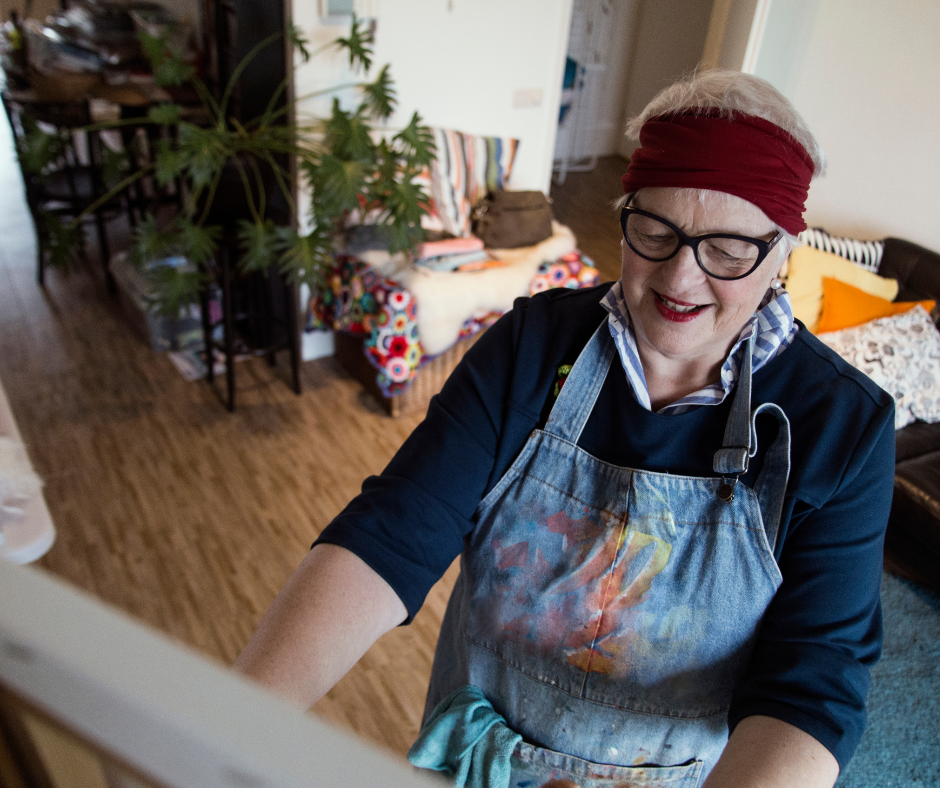Boost Your Brain

Published on 15 April 2024 10:41 AM
Recent studies show that the colours we see get increasingly dull as we get older
Scientists have discovered that older people’s pupils react differently to those of younger people, suggesting that colours fade with age, and may also indicate conditions with cognitive impairments, such as certain types of dementia.
A new paper in the Scientific Reports journal suggests that older adults judge colours as less saturated than young adults. Some studies have also shown that older adults struggle in particular to distinguish between colours on the green/blue spectrum.
There isn’t yet enough research to find out exactly why this happens, but there are several suggestions including changes to the structure and colouring of our retina and lens as we age, which affects the amount or type of light let in.
Lead author, Dr Janneke van Leeuwen (UCL Queen Square Institute of Neurology), said: “This work brings into question the long-held belief among scientists that colour perception remains relatively constant across the lifespan, and suggests instead that colours slowly fade as we age. Our findings might also help explain why our colour preferences may alter as we age – and why at least some older people may prefer to dress in bold colours.”
Although more research is needed into the correlation of age and colour perception, other cognitive ageing studies have long shown that people who consistently take part in more mentally stimulating activities benefit from improved thinking skills in older age.
Regularly training your brain can not only benefit you in terms of colour, it can also enhance the overall cognitive function as we age, and potentially help combat cognitive decline. Find our brain training tips on page 6 of the March issue of our Beyond 50 Newsletter.
